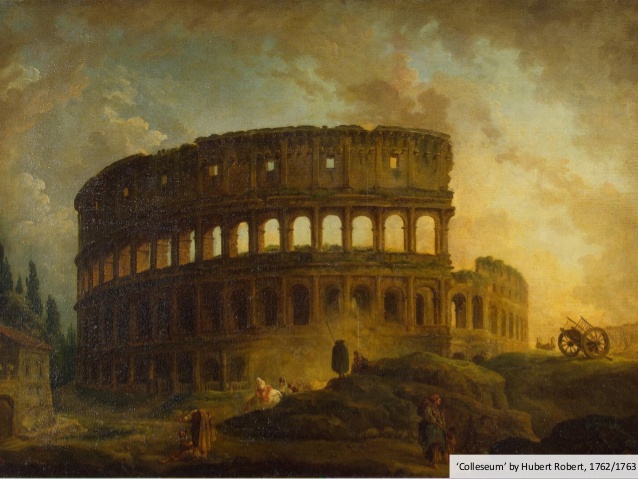
The study of the origins and founding of America is a very touchy subject. There are all kinds of interpretations of what caused the revolt of the colonies to break from the British empire.
The Marxist outlook saw it from an economic standpoint. They felt the reason why the colonies revolted was because of the restrictions on trade. The famous book by Charles Beards argues the reason why the American constitution was written was fundamentally for freedom of trade and not for human rights.
There is also the religious interpretation. They viewed that the Christians in the colonies saw themself as called by God to rebel against the tyrant king so they could worship freely. If it wasn’t for the Judeo Christian values and their interpretation of the bible there wouldn’t have been a revolution.
But the one influence that everyone agrees had a huge impact on the American Revolution was the Enlightenment Movement that happened from the late seventeenth century to the late eighteenth century. In Peter Gays’ book, The Enlightenment it shows what this movement was all about. It was a campaign of an informal group of writers across the western world from France, Italy, Germany, the British empire and across the Atlantic to the new world. These writers were very influential in the way people view the world in that time period.
These writers so-called philosophes disagree on a lot of things but the one concern that brought them together was freedom. Freedom of speech, freedom of trade, freedom from arbitrary power, freedom to criticize everything. Even the power of government and the sacred church.
If there was a book being burned or opinion being censored they were the first ones to ferociously criticizes that oppression. It was a political right that was most important to them.
One writer said it was a recovery of nerve from the dark ages of superstition, bigotry, pessimism, fear, and loss of self-confidence.
The philosopher, Emmanuel Kant, who toward the end of this period coined the phrase for the Enlightenment “Dare to Know” Meaning taking the risk of discovery.
They saw themself in the age-old battle of reason and unreason. That has been fought and lost in the ancient world and was now in their time being fought again.
They looked to the past of ancient antiquity for models in this mission for the rebirth of freedom, like the courageous stoics against the superstitious tyrants. This is how they justified their rebellion.
They identified with classical figures. They compared their own time and situation with that of the Greeks and or Romans.
When Edward Gibbon visited the eternal city of Roman in 1764 he decided to write his Decline and Fall of the Roman Empire. He studied how the classical world of the first Enlightenment fell into the superstitions of the dark ages. Gibbon saw it as a call to duty to write a history in a philosophical way.
So as the Enlightenment figures looked back at the classical world as their influence, Americans should look to the Enlightenment as one of pillars that the nation was built on.
